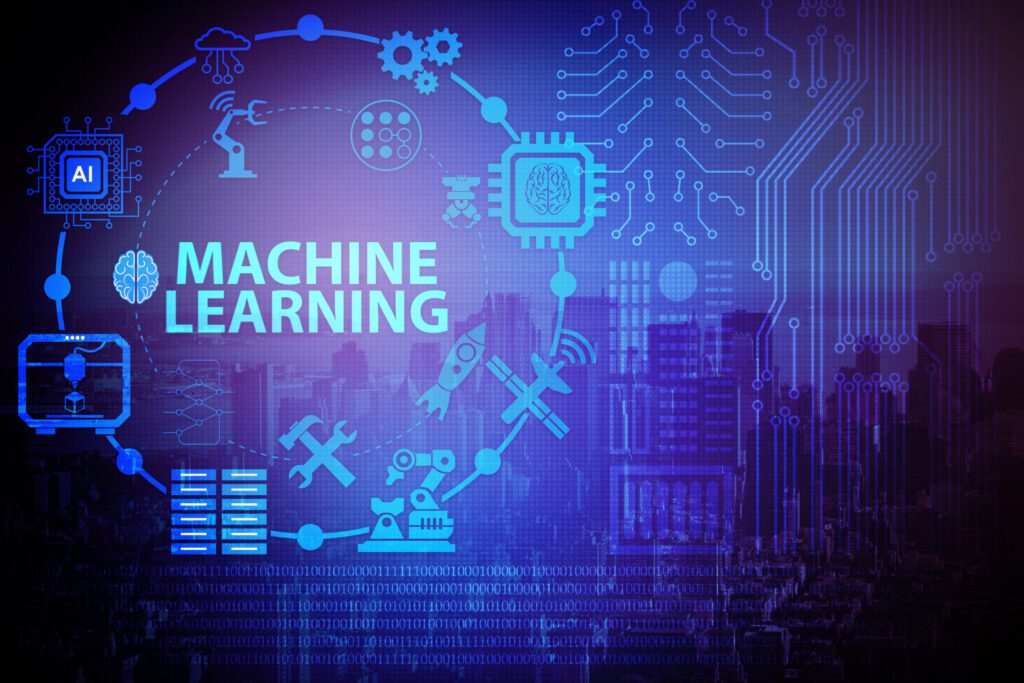Artificial Intelligence (AI) is transforming industries and changing the way we interact with technology. Whether you’re a beginner or looking to advance your skills, developing AI expertise can open doors to exciting career opportunities. But how can you develop your AI skills effectively? In this article, we’ll explore practical steps and strategies to help you build a strong foundation in AI, enhance your knowledge, and stay ahead in this rapidly evolving field.
Understanding AI Basics
Before diving into complex algorithms and models, it’s essential to understand the basics of AI. Start by familiarizing yourself with the core concepts, such as:
- Artificial Intelligence: The simulation of human intelligence in machines.
- Machine Learning: A subset of AI that involves training algorithms to learn from data.
- Deep Learning: A subset of machine learning that uses neural networks to model complex patterns.
Why Basics Matter
Understanding these foundational concepts will provide a solid framework upon which you can build more advanced skills. It’s like learning to walk before you can run.
Choosing the Right Learning Path
AI is a broad field with many subdomains. Choosing the right learning path depends on your interests and career goals. Some common areas include:
- Natural Language Processing (NLP)
- Computer Vision
- Robotics
- Reinforcement Learning
Setting Goals
Define your learning goals. Are you interested in developing chatbots, working on self-driving cars, or analyzing big data? Your goals will guide your learning journey.
Online Courses and Tutorials
Online courses and tutorials are a great way to start learning AI. Platforms like Coursera, edX, Udacity, and Khan Academy offer comprehensive courses on various AI topics.
Recommended Courses
- Coursera: “Machine Learning” by Andrew Ng
- edX: “AI for Everyone” by Andrew Ng
- Udacity: “Deep Learning Nanodegree”
Interactive Learning
Interactive tutorials, such as those on Codecademy or DataCamp, allow you to learn by doing, which can be more effective than passive reading or watching videos.
Reading Books and Research Papers

Books and research papers provide in-depth knowledge and insights into AI. Some essential reads include:
- “Artificial Intelligence: A Modern Approach” by Stuart Russell and Peter Norvig
- “Deep Learning” by Ian Goodfellow, Yoshua Bengio, and Aaron Courville
Staying Informed
Regularly reading research papers from conferences like NeurIPS, ICML, and CVPR helps you stay updated with the latest advancements in AI.
Hands-On Projects
Applying what you’ve learned through hands-on projects is crucial for solidifying your knowledge and gaining practical experience.
Project Ideas
- Build a simple chatbot
- Create a recommendation system
- Develop a computer vision application
Real-World Applications
Working on real-world problems helps you understand the practical challenges and nuances of AI development.
Joining AI Communities
Joining AI communities can provide support, inspiration, and opportunities for collaboration. Platforms like Reddit, Stack Overflow, and GitHub are great places to start.
Networking
Networking with other AI enthusiasts and professionals can lead to valuable insights, mentorship, and job opportunities.
Participating in Competitions
Competitions like those on Kaggle and DrivenData provide a platform to test your skills against others and work on interesting datasets.
Benefits of Competitions
- Exposure to Real-World Problems
- Learning from Peers
- Building a Portfolio
Exploring AI Tools and Frameworks
Familiarize yourself with popular AI tools and frameworks. Some essential ones include:
- TensorFlow
- PyTorch
- Keras
- scikit-learn
Choosing the Right Tool
Each tool has its strengths. TensorFlow and PyTorch are popular for deep learning, while scikit-learn is excellent for traditional machine learning tasks.
Working with Data
Data is the backbone of AI. Learning how to collect, clean, and preprocess data is crucial for any AI project.
Data Preprocessing Techniques
- Handling Missing Values
- Normalization and Standardization
- Feature Engineering
Data Sources
Explore datasets from sources like Kaggle, UCI Machine Learning Repository, and government databases to practice your skills.
Building a Strong Mathematical Foundation
Mathematics is the language of AI. A solid understanding of math will help you grasp complex AI concepts and algorithms.
Key Areas to Focus On
- Linear Algebra
- Calculus
- Probability and Statistics
Resources for Learning Math
Khan Academy, MIT OpenCourseWare, and other online resources offer comprehensive courses in these areas.
Understanding Machine Learning

Machine learning is a core component of AI. Understanding its principles and algorithms is essential for any AI practitioner.
Key Algorithms
- Linear Regression
- Logistic Regression
- Decision Trees
- Support Vector Machines
Learning Platforms
Use platforms like Coursera, edX, and Udacity to find courses specifically focused on machine learning.
Exploring Deep Learning
Deep learning is a rapidly advancing field within AI, offering powerful techniques for complex problem-solving.
Neural Networks
Understand the basics of neural networks, including their architecture and how they learn from data.
Advanced Topics
Explore advanced topics like convolutional neural networks (CNNs) for image processing and recurrent neural networks (RNNs) for sequence data.
Developing Soft Skills
In addition to technical skills, soft skills are crucial for a successful AI career.
Key Soft Skills
- Problem-Solving
- Critical Thinking
- Communication
- Teamwork
Importance of Soft Skills
Soft skills help you effectively communicate your ideas, collaborate with others, and tackle complex problems creatively.
Staying Updated with AI Trends
AI is a fast-evolving field. Staying updated with the latest trends and developments is essential to remain competitive.
Sources for Updates
- AI News Websites: VentureBeat AI, MIT Technology Review
- Research Journals: Journal of Artificial Intelligence Research
- Blogs and Podcasts: Towards Data Science, Data Skeptic
Finding Mentors and Collaborators
Having mentors and collaborators can significantly enhance your learning experience and provide valuable guidance.
Seeking Mentors
Look for mentors within your community or through online platforms like LinkedIn and AI-focused forums.
Collaborating on Projects
Collaborate on projects with peers or through hackathons and meetups to gain diverse perspectives and experience.
Conclusion
Developing your AI skills is a journey that requires dedication, curiosity, and continuous learning. By understanding the basics, choosing the right learning path, engaging in hands-on projects, and staying updated with the latest trends, you can build a strong foundation in AI. Remember, the key to mastering AI is not just acquiring knowledge but also applying it to solve real-world problems.
FAQs
1. What are the first steps to start learning AI?
Start by understanding the basics of AI, machine learning, and deep learning. Enroll in online courses and engage in hands-on projects to apply what you learn.
2. How important is mathematics in AI?
Mathematics is crucial in AI as it forms the basis for understanding algorithms and models. Focus on linear algebra, calculus, and probability.
3. What are some essential tools for AI development?
Some essential tools include TensorFlow, PyTorch, Keras, and scikit-learn. These frameworks provide functionalities for building and training AI models.
4. How can I stay updated with AI advancements?
Stay updated by following AI news websites, reading research journals, and participating in AI communities and conferences.
5. Why are soft skills important in AI?
Soft skills like problem-solving, critical thinking, communication, and teamwork are important because they help you collaborate effectively and tackle complex problems creatively.

